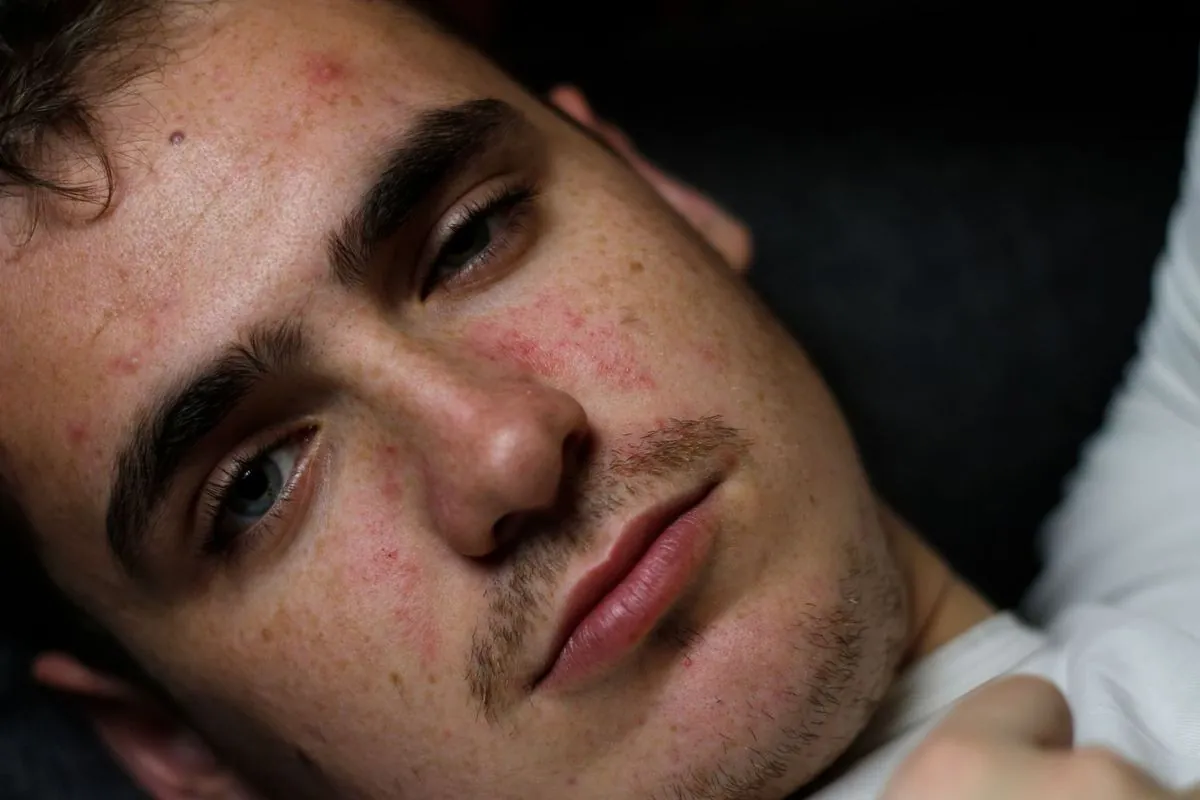Mpox Survivors Share Their Experiences: Breaking the Stigma
Three individuals reveal their personal battles with mpox, shedding light on the disease's symptoms, treatment challenges, and the importance of public awareness in combating stigma.

The recent global outbreak of mpox has brought the disease into the spotlight, yet misconceptions and stigma persist. To shed light on the reality of contracting mpox, three survivors shared their experiences with this often misunderstood illness.
Victor, a 37-year-old from Atlanta, Georgia, noticed unusual pimples on his typically clear skin in August 2022. Within days, the lesions multiplied, accompanied by fever, swollen tonsils, and headaches. Victor's condition worsened rapidly, with facial swelling and throat pain making it difficult to eat or drink. He developed cellulitis, a potentially life-threatening bacterial infection, adding to his fears.

For Tristan, a 31-year-old Londoner, the onset was less obvious. Initially attributing his fatigue and back pain to holiday activities, he later developed spots in intimate areas. A visit to the hospital revealed he had contracted mpox, making him one of the first cases in the UK during the 2022 outbreak.
Tom, a 25-year-old from Atlanta, experienced symptoms concentrated on his face and mouth. The pain was excruciating, particularly affecting his ability to eat and drink. He described the experience as "an extreme attack on my body," leaving him with lingering anxiety about potential recurrence.
"I never cry but I would wake up in the middle of the morning crying because it was that bad."
Treatment options for mpox remain limited. While an antiviral drug called tecovirimat (TPOXX) exists, it is typically reserved for severe cases, particularly in individuals with HIV. None of the interviewed survivors received this treatment, relying instead on over-the-counter pain relievers and supportive care.
Tristan spent two weeks in isolation at a specialized hospital ward, while Victor and Tom managed their symptoms at home. Recovery times varied, with lesions taking one to two weeks to heal completely.
All three survivors emphasized the importance of public awareness and destigmatization. Tristan stated, "People need to be aware of the fact this disease isn't discriminatory. It doesn't just infect gay men, no one is exempt."
It's crucial to note that mpox, first discovered in 1958, is not a new disease. The 2022 outbreak, primarily caused by the less severe West African strain, led to increased research and vaccine production. While the disease can spread through close contact, including intimate encounters, it is not classified as a sexually transmitted infection.
As the world continues to grapple with mpox, the experiences of these survivors highlight the need for improved treatment options, public education, and a compassionate approach to those affected by the disease.


































